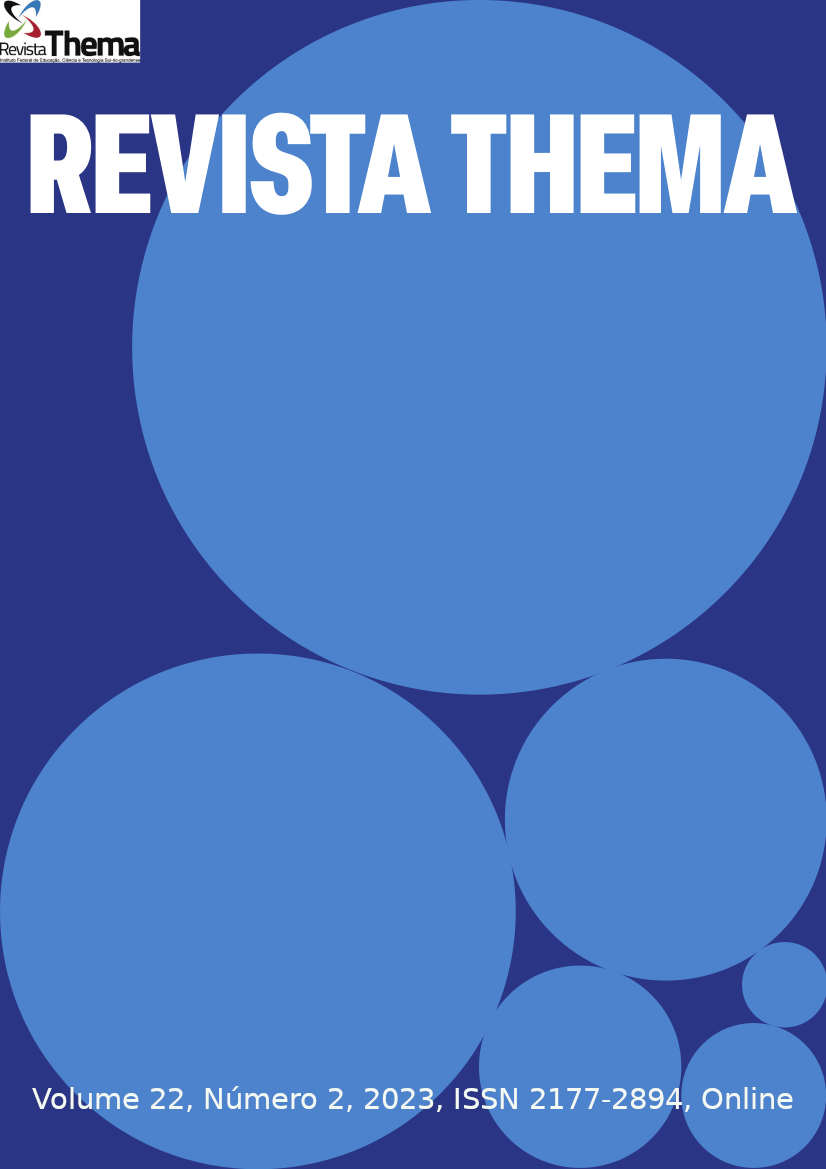Decolonial studies and the interfaces between extension and research in the training of researchers
DOI:
https://doi.org/10.15536/thema.V22.2023.427-450.3232Keywords:
university extension, researcher training, decolonial perspectives, content analysisAbstract
University extension usually manifests itself as the provision of assistance or commercial services, thus reproducing the colonizer's worldview. However, it should be a synonym for a closer relationship between the university and society, for the democratization of knowledge, for social transformation, and for feedback on changes in the universities. This way, an extension course was created based on the interaction of three research groups that are interconnected by decolonial studies, with the aim of assisting in the training of their respective organizers and to enable the course participants to recognize and understand the main decolonial concepts and themes, thus contextualizing with their practices and attributing this information to their professional activities. Interviews were conducted with the organizers, based on Content Analysis, demonstrating that although it was a great challenge, it was a unique moment of learning, exchanges, and approximation with great researchers in this area.
Downloads
Downloads
Published
How to Cite
Issue
Section
License
O autor responsável pela submissão representa todos os autores do trabalho e, ao enviar o artigo para a revista, está garantindo que tem a permissão de todos para fazê-lo. Da mesma forma, assegura que o artigo não viola direitos autorais e que não há plágio no trabalho. A revista não se responsabiliza pelas opiniões emitidas.
A Revista Thema é de acesso aberto (Open Access), sem que haja a necessidade de pagamentos de taxas, seja para submissão ou processamento dos artigos. A revista adota a definição da Budapest Open Access Initiative (BOAI), ou seja, os usuários possuem o direito de ler, baixar, copiar, distribuir, imprimir, buscar e fazer links diretos para os textos completos dos artigos nela publicados.
Todos os artigos são publicados com a licença Creative Commons Atribuição-NãoComercial 4.0 Internacional. Os autores mantém os direitos autorais sobre suas produções, devendo ser contatados diretamente se houver interesse em uso comercial dos trabalhos.





